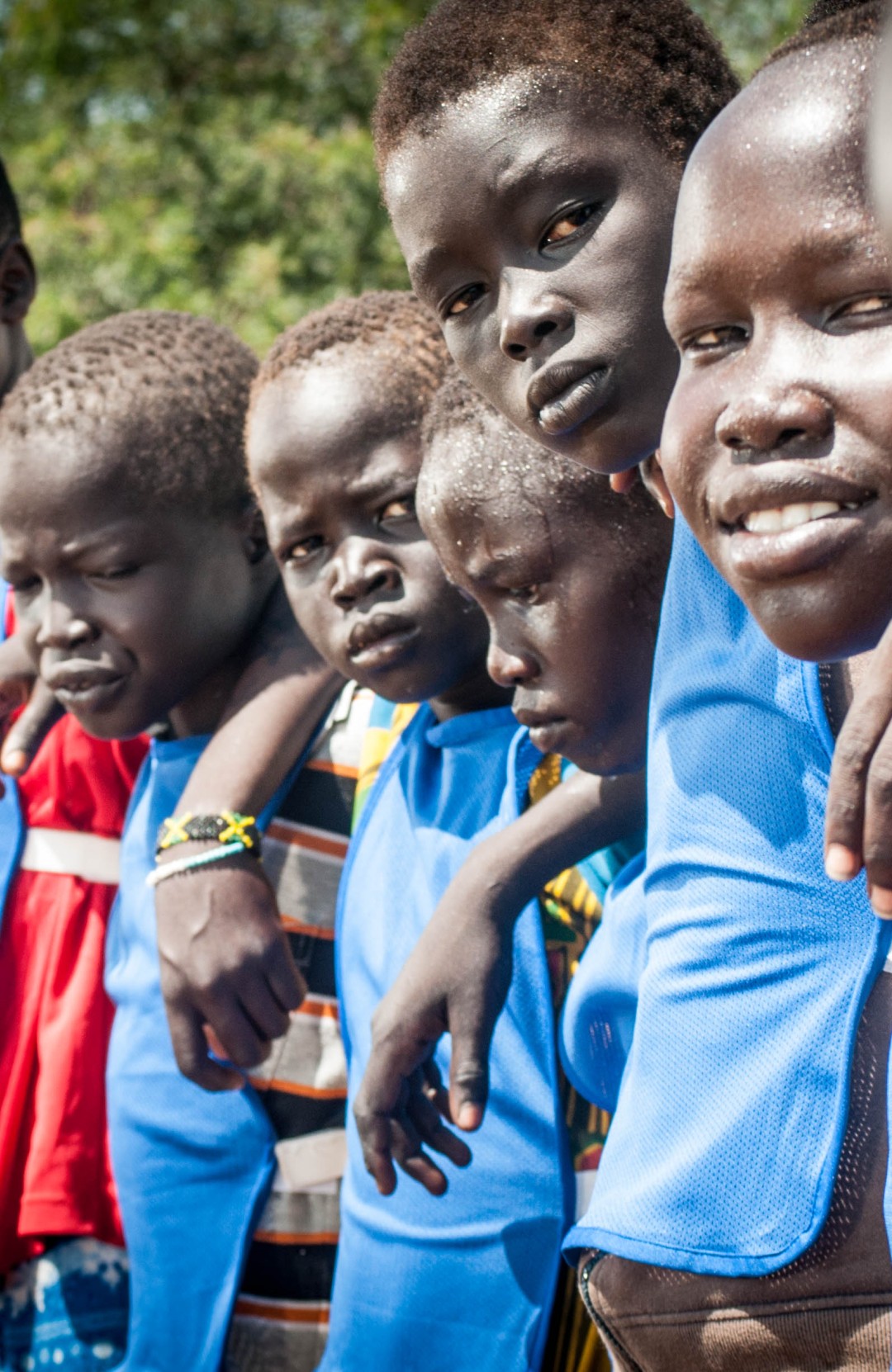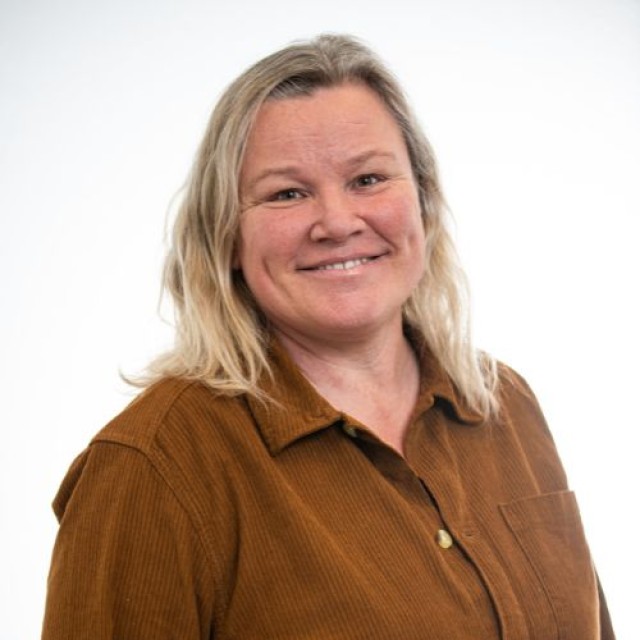
Our work in South Sudan
We add strategic value to Oxfam’s work, contributing to accountable governance, inclusive peacebuilding, transformative education, resilient livelihoods, and humanitarian responses.
15.000 learners
are reached with accelerated education and skills development
35 percent representation and leadership
by women in the peace-building process and all levels of governance
734.000 vulnerable people
have been received humanitarian and resilience assistance by Oxfam
The climate crisis grouped with the ongoing conflict, that has continued to affect South Sudan in the decade after the country gained independence in 2011, has led to large scale displacement and acute food insecurity.
8.9 million people in South Sudan are in need of humanitarian assistance. Although the peace agreement brought hope, conflicts and insecurity continue to persist in most parts of the country. Driving factors of localized conflicts range from low levels of education, weak governance systems to non-implementation of resolutions.
We collaborate with local partners and coordinate to share learnings, enhance linkages and leverage from the benefits of the different activities implemented.
We work on humanitarian aid and resilient livelihoods, our projects support vulnerable conflict and disaster-affected members of the community (including women and youth) with integrated life-saving humanitarian assistance through providing food insecure households with targeted seasonal cash to meet basic needs and to protect their livelihoods. We also help to improve agricultural and non-agricultural production and productivity for vulnerable households, and their options for increased income.
Our goals in South Sudan
- To provide vulnerable conflict and disaster-affected internally displaced people and host communities with access to life-saving humanitarian assistance and new skills and opportunities to develop their livelihoods.
- To build local capacities and agency so that people, with focus on women and young people, can demand for better basic services, gender justice, peace, and respect for people’s rights.
- To partner with women’s rights organisations and groups, and work with women leaders and activists to promote meaningful participation of women in key decision-making and peace process efforts, ranging from local community-level to national level.
- To improve conflict-sensitive and locally relevant transformative education e.g., by ensuring that education systems, teaching and learning processes truly empower learners, teachers, local authorities, policy makers and communities to challenge harmful gender norms rather than reproducing them.
Our projects work with community groups, school level actors, women, and youth to monitor and enable them to address local, gender and conflict issues in a more inclusive, participatory, and transparent manner.
We work to advance literacy, education, and skills development of out-of-school learners. Supported by funds from different donors and together with partner organisations and local authorities we provide vulnerable populations with relevant and gender responsive education interventions, adult literacy and accelerated education, teacher education and strengthening the capacities of the existing education system.
From 2018 to 2022 we implemented a cross-border program through a consortium of both national and global partners.
We work to enhance inclusive peacebuilding. Our action focusses on conflict-sensitive programming, accountable governance and improving capacities of local actors and crisis-affected communities. We support multi-stakeholder dialogues that aim at addressing contextual risks, improved inclusive public accountability mechanisms and spaces, as well as leadership of women and youth, and their organisations.
Young people and women are also organised and supported to influence and show agency in addressing and challenging harmful social norms.
“ When I was young, I didn’t have the privilege of education. Girls were not allowed.(...)Now my daughter is not like me and gone without knowledge. My daughter is educated. We can’t sign but now our children know how to sign and have acquired something more compared to us PTA adults. ”
Facts about South Sudan
- The Republic of South Sudan became the world’s youngest nation and Africa’s 55th country on July 9, 2011.
- Although South Sudan falls high on the poverty scale, the country has many natural resources. The Nile River, petroleum, marble, aluminum, iron ore and gold stand as the nation’s major natural resources.
- Only approximately 40 percent of the population has access to drinkable water, and 70 percent live in severe food insecurity.
- South Sudan is highly prone and vulnerable to climate-related shocks, which have a devastating impact on people’s welfare. Since 2011 alone, it has suffered severe droughts and floods.
-
Contact
Irene Fredriksson
Team leader (Education)International ProgrammeE-mail:
